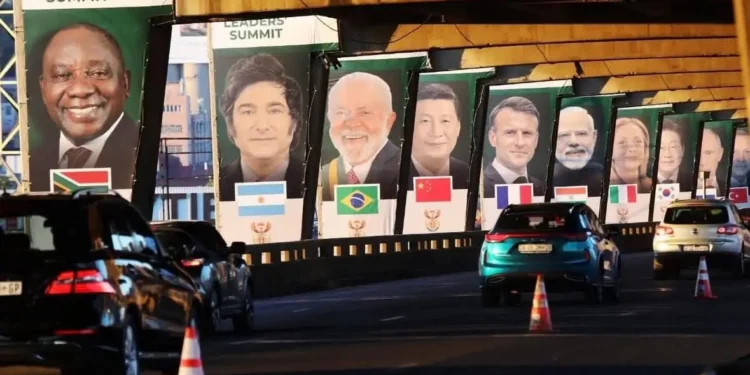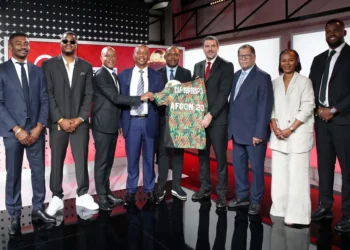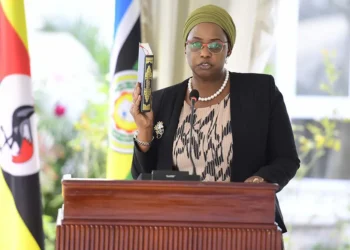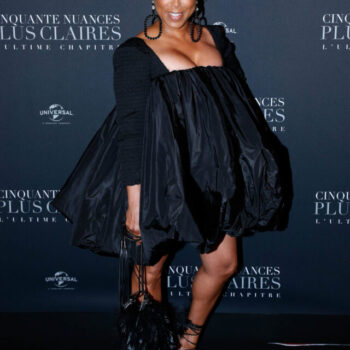As the G20 gathers in South Africa from 22–23 November, the ONE Campaign is putting world leaders on the spot. The message is blunt: stop making Africa pay a premium simply because the world keeps undervaluing it.
Africa carries the highest cost of capital anywhere on the planet. Not because its economies are weak, ONE argues, but because the global system still leans on old assumptions, murky risk models and a legacy of structural bias. The result? A financial architecture that punishes Africa’s potential instead of rewarding its performance.
The cost of a tilted system
This imbalance isn’t abstract. It drains African budgets every day.
In 2024, official development assistance dropped by 7.1%. And projections suggest the cuts aren’t over. With fewer options, many African governments turned to capital markets between 2016 and 2021. The price they paid was staggering — about $56 billion more in interest than they would have under concessional loans. That extra cost is larger than all the foreign direct investment the continent received in 2023.
If you’re wondering whether the system is failing African borrowers, the numbers answer for you.
The “African risk premium”
At the heart of this crisis is what analysts call the African risk premium — a markup that keeps interest rates high even when returns prove the opposite. Infrastructure investments alone have outperformed the S&P 500 sixfold over the past decade. Yet African governments still face some of the steepest borrowing costs in the world.
Why? Partly because credit ratings rely on subjective judgments. Partly because global narratives haven’t kept pace with reality.
And now the G20 is meeting in Johannesburg with all of this on the table. The stakes could not be higher.
“This is not about spreadsheets”
Serah Makka, ONE’s Africa Executive Director, says the human toll often gets lost in the debate.
“This is not about spreadsheets, it is about human lives,” she said.
“When countries pay inflated interest rates driven by outdated perceptions, they are forced to choose between paying creditors or paying teachers, nurses and engineers.”
She pointed out that nearly three in five Africans live in countries that now spend more on interest than on health or education.
“Africa is not alone: 3.4 billion people globally face the same distortion. This is a systemic failure,” she said.
“As the G20 meets on the continent, the world must say clearly that the era of pricing Africa on bias must end. Lowering the cost of capital is not charity; it is smart economics, and it is in the world’s collective interest.”
Her argument is simple: this is a global problem with global consequences.
What ONE wants from the G20
ONE is urging leaders to back a reset of the economic system. The organisation is calling for a clear and ambitious roadmap that:
-
Reforms how risk is assessed, so ratings reflect real performance, not outdated perceptions.
-
Improves transparency in economic data across all countries.
-
Expands innovative financing tools that reduce risk and unlock cheaper capital.
-
Puts African voices at the table when global financial rules are being written.
-
Ensures concessional finance reaches the countries that truly need it.
This summit isn’t just another international gathering. It’s a moment of decision, and the world will be watching to see whether the G20 chooses caution — or change.
About ONE
ONE is a global, nonpartisan advocacy organisation focused on securing the investment needed to create opportunity and healthier lives across Africa. It pushes for change using data-driven campaigns, grassroots activism, political engagement and strategic partnerships.

















